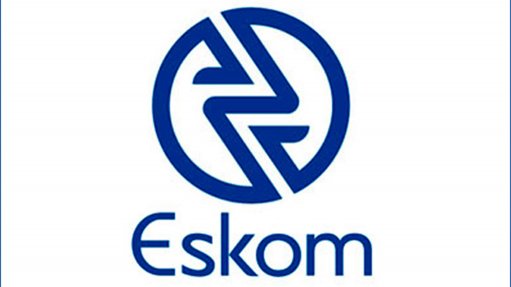
Eskom must be taken to task for its unacceptable conduct which is crippling South Africa’s ability to be a competitive and thriving economy, the Organisation Undoing Tax Abuse's (Outa's) energy specialist consultant Ted Blom charged on Friday.
The civil action organisation said the public’s trust in Eskom has been rocked by sky-high electricity tariffs, without a corresponding increase in the kilowatt output of the utility
In a statement on Friday, Outa expressed concern over Eskom’s excessive profit motive.
“Eskom is a state-owned entity which enjoys the trading environment of a monopoly protected by unacceptably high tariffs through a multi-year price determination (MYPD) process, yet it is not being held accountable enough for its growing inefficiencies and poor judgements or forecasts,” it said.
“In an environment where electricity tariffs have been increased at over 16% per annum for some time, against the backdrop of a declining economy, how it was possible for Eskom to forecast a growth in electricity kilowatt sales of 4% appears to be not only ludicrous but rather reckless.”
Outa said cost reflective pricing allows an entity to justify price increases based on the costs incurred by the entity, rather than by market forces, adding that a monopoly should only be allowed “cost reflective pricing” where there is absolute transparency and efficient operations.
Following Outa’s input and participation at the MYPD methodology review discussions held at the National Energy Regulator of SA (Nersa) offices on Thursday, the organisation noted concern about the assumptions Eskom made in its efforts to seek tariff increase applications.
“In light of growing allegations of maladministration and corruption within Eskom, for Outa this has predominantly been an exercise around transparency in the state-owned institution.
“Outa’s continuing court case against Eskom and Nersa is intended to open up the decisions for greater scrutiny, so that action can be taken by the public when discrepancies are found,” it said.
Outa is calling on Nersa and Eskom to give the public and civil society access to detailed, auditable schedules indicating not just the average price paid for coal, diesel, and transport, but specific prices paid to each provider, including volumes and qualities of supply for each contract.
“This information is being tracked by Eskom, but is not being provided to civil society and it is in the public interest that these become available before trust can be restored in Eskom,” it said.
“More specifically, we find it rather disturbing that Eskom is allowed to get away with questionable and erroneous forecasting of electricity sales, which are contrary to fundamental economic principles.”
The reflective discussions on Eskom’s performance is not so much about what is transparent, but more so on what is not about the contracts and dealings with suppliers, said Blom. “This week’s MYPD methodology hearings did however provide us with hope and insight that Nersa is moving closer towards a greater oversight and monitoring over Eskom, by ensuring that more regulation exists in the publication of key metrics by Eskom.”
Blom said Eskom’s management does not appear to be in control of critical issues.
“This is evident by the SOE’s runaway costs, missed deadlines, (the) deteriorating financial stability of the entity, worrying financial ratios and five-year maintenance backlog as a result of poor management decision-making,” he said.